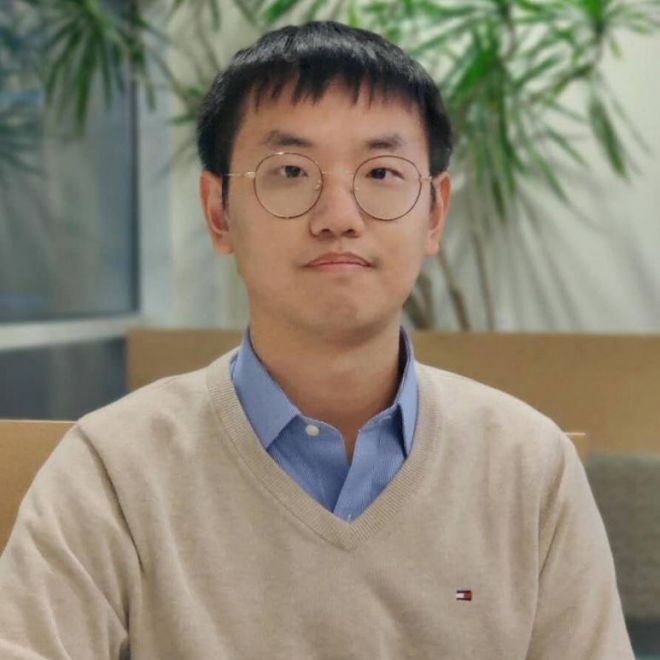Quantum entanglement accelerates quantum simulation
- Dr. Qi Zhao, the University of Hong Kong
- Time: 2025-06-19 13:00
- Host: Dr. Tongyang Li
- Venue: Room 204, Courtyard No.5, Jingyuan
Abstract
Quantum entanglement is an essential feature of many-body systems that impacts both quantum information processing and fundamental physics. The growth of entanglement is a major challenge for classical simulation methods. In our recent work [ArXiv:2406.02379, QIP 2025, Nature Physics accepted], we investigate the relationship between quantum entanglement and quantum simulation, showing that product-formula approximations can perform better for entangled systems, tending to the average-performance [PRL 129 (27), 270502, QIP22 talk]. We establish a tighter upper bound for algorithmic error in terms of entanglement entropy and develop an adaptive simulation algorithm incorporating measurement gadgets to estimate the algorithmic error. This shows that entanglement is not only an obstacle to classical simulation, but also a feature that can accelerate quantum simulation algorithms.
Biography

Qi Zhao is an Assistant Professor in the Department of Computer Science, the University of Hong Kong (HKU). In 2024, he was recognized as one of the MIT Technology Review “Innovators Under 35” for the Asia Pacific Region. His research interests include quantum simulation, quantum computing, quantum information, and entanglement detection. He obtained a Bachelor’s and Doctoral degree from Tsinghua University in 2014 and 2018 respectively. He was a postdoctoral researcher at the University of Science and Technology of China in 2019. He was a Hartree Postdoctoral Fellow at the University of Maryland in the United States before joining HKU as Assistant Professor in 2022. He has published 45 journal articles, including Nature, PRL, PRX, npj Quantum Information, PNAS, and IEEE TIT. His works have also been presented as contributed talks at important conferences in quantum information theory, such as QIP, AQIS, TQC, and QCrypt, and he has served as a program committee member (PC member) for AQIS.





